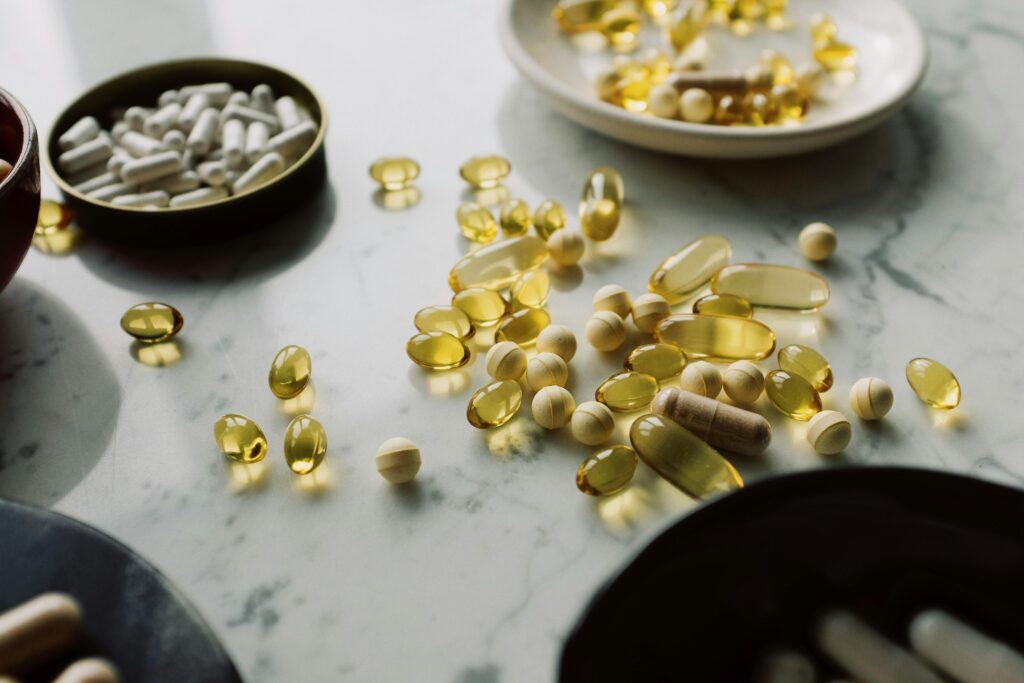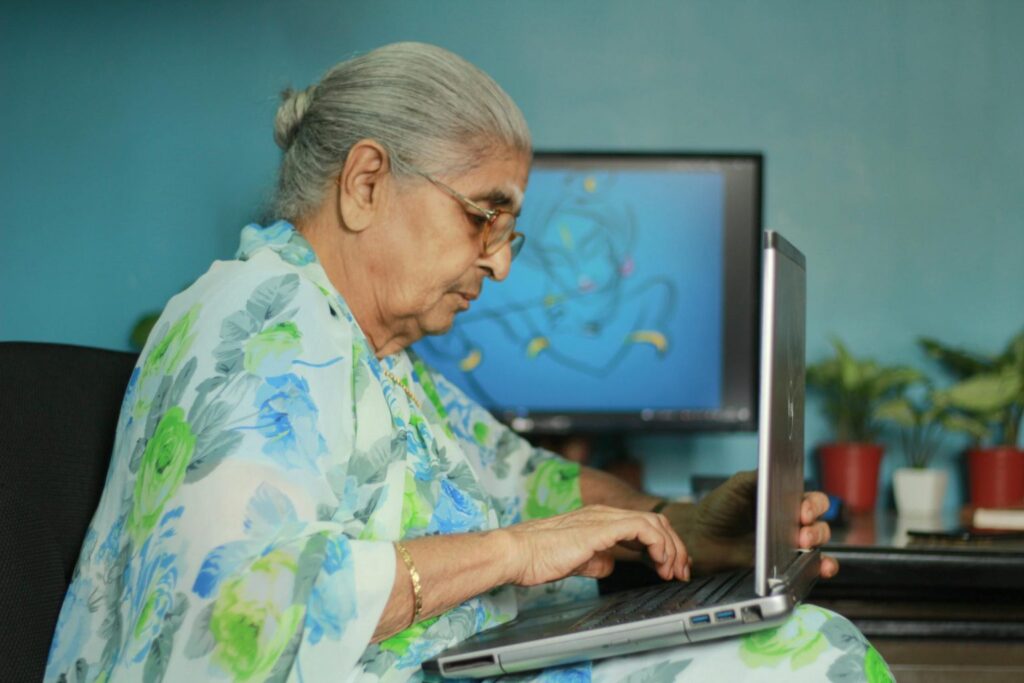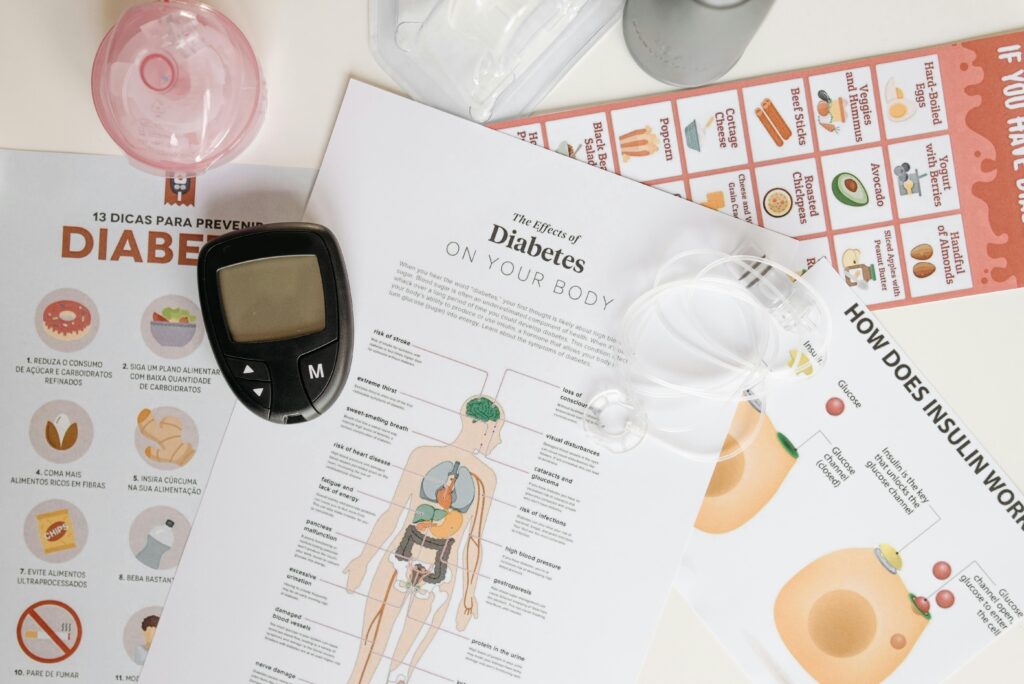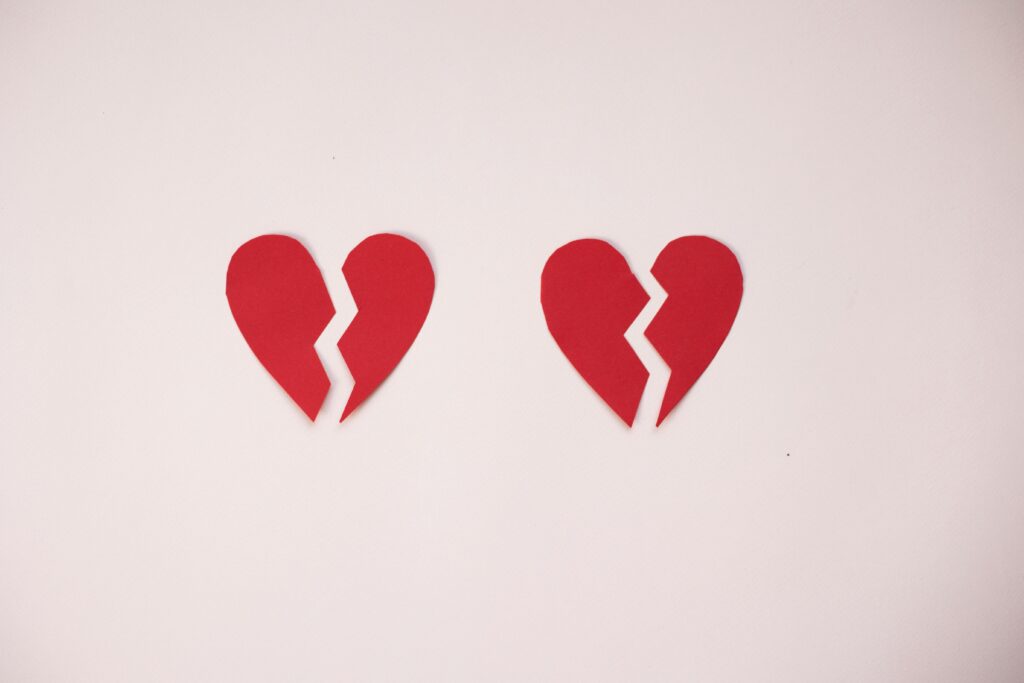Why the Liver Matters More with Age
The liver is one of the most important organs in the body. It filters blood. It removes harmful toxins. It helps digest food. It stores vitamins and energy.
But like every part of the body, the liver slows down with age.
After 60, the liver becomes more sensitive to food, medicine, alcohol, and infections. So taking care of it becomes even more important.
What Can Go Wrong with the Liver?
Many older adults don’t notice signs of liver trouble early. But liver problems can grow quietly over time.
Common liver conditions in older age include:
- Fatty Liver Disease
This happens when fat builds up in the liver. It is more common in people with diabetes, high cholesterol, or extra weight. - Hepatitis
This is a viral infection that affects the liver. It can cause damage if not treated. - Liver Cirrhosis
This is when the liver gets scarred. It may stop working properly. - Liver damage from medicines
Some painkillers, antibiotics, and other drugs can hurt the liver if used too often or without care.
Signs of Liver Trouble in Older Adults
The liver often doesn’t show strong signs when it’s in the early stages of trouble. That’s why regular checkups matter.
Watch out for these common signs:
- Feeling tired all the time
- Swelling in the feet or belly
- Loss of appetite
- Yellowing of the eyes or skin
- Itchy skin
- Dark-colored urine
- Confusion or forgetfulness that’s new or sudden
If any of these appear, don’t ignore them. Talk to a doctor quickly.
How Food Affects Liver Health
The liver handles everything we eat. So a healthy diet helps keep it strong.
Here are some simple food habits that support liver health:
- Eat more fruits and vegetables
- Choose whole grains instead of white rice and maida
- Include lentils and dal in meals
- Limit fried food and sweets
- Drink plenty of clean water
- Avoid excess salt
- Use less oil—especially reused oil
Also, try to avoid raw shellfish, unclean street food, and anything that might upset digestion.
Should Older Adults Stop Eating Ghee and Oil?
No, but moderation is key. Small amounts of ghee or cold-pressed oils are okay. But too much fat, especially deep-fried food, can harm the liver over time. It also affects cholesterol and weight.
Listen to the body. Eat light when digestion feels slow. Have smaller meals through the day instead of heavy plates.
Alcohol and the Aging Liver
Even a small amount of alcohol can affect the liver more strongly after 60. The body’s ability to break down alcohol slows down with age.
If drinking is a part of the routine, it’s best to speak to a doctor about how much is safe. For those with liver problems, the safest amount is none at all.
Medicines and the Liver: What to Watch Out For
Older adults often take medicines for blood pressure, diabetes, or pain. Some of these can strain the liver.
Be careful with:
- Painkillers taken too often
- Herbal supplements bought without advice
- Over-the-counter tablets for fever or cold
- Antibiotics not taken under proper supervision
Always check with the doctor before starting or stopping any medicine. And never mix different tablets without guidance.
Exercise Helps the Liver Too
Regular movement helps the liver stay healthy. A short walk after meals. Gentle yoga. A bit of stretching. Even 20 minutes a day makes a difference.
Exercise helps the liver by:
- Burning fat
- Improving blood flow
- Managing sugar levels
- Boosting mood
It also keeps the digestive system active, which helps the liver work better.
Vaccines and Liver Protection
Older adults can also talk to their doctor about getting vaccinated for hepatitis A and B. These viruses can affect the liver badly, and protection is simple and safe.
For Caregivers: How You Can Help
If you’re looking after an older adult, keep an eye on their habits.
Support them by:
- Encouraging healthy meals
- Watching for signs like swelling or tiredness
- Helping them remember to take medicine correctly
- Making doctor appointments for regular liver checkups
- Guiding them away from alcohol or risky self-medication
- Reminding them to drink enough water
Gentle reminders work better than strict rules. Show care, not control. That makes all the difference.
Regular Tests That Help
Simple blood tests can check liver health. Ask for tests like:
- Liver Function Test (LFT)
- Ultrasound scan of the abdomen
- Blood sugar and cholesterol levels
These help catch problems early, even before symptoms show.
A Gentle Reminder
Liver health after 60 doesn’t have to be scary. Small steps go a long way. Eat well. Move often. Get tested once in a while. And never ignore strange symptoms.
The liver quietly does its job every day. Let’s return the favour and take good care of it.
Your thoughts matter to us!
Have you or someone in your family taken steps to protect liver health after 60? What’s worked for you?
We’d love to hear from you in the comments below.
And if this blog helped you, please share it with friends or loved ones. It might be just what they need today.





